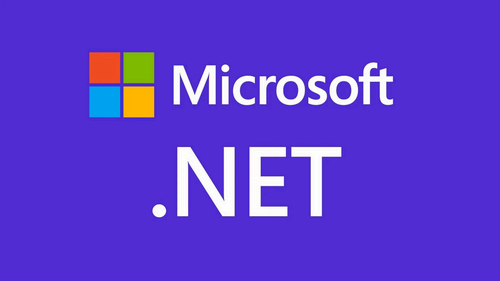Forward-looking: Earlier editions of the .NET Framework were designed to provide a development platform for Windows-exclusive applications. Today, the technology supports all major computer and mobile operating systems. In the future, .NET aims to enhance app development by offering improved support for cloud and AI services.
A few months after officially launching .NET 8, Microsoft is now preparing for the next generation of its open-source development platform. .NET 9, scheduled to arrive in November 2024, will be shaped by a “vision” focused on two main development areas: cloud-native projects and AI-augmented applications.
Microsoft is collaborating with its partners to enhance the productivity of developing .NET programs, regardless of the integrated development environment (IDE) programmers use. Coding in Visual Studio, Visual Studio Code, C# Dev Kit, or even in the cloud will be easier than ever, according to Microsoft.
Redmond has stated that after spending the last several years building strong “cloud-native fundamentals” with runtime performance and application monitoring, the .NET stack is now ready to do more in the cloud. While .NET 8 included optimizations for Web API applications, the corporation claims that .NET 9 will extend these optimizations to other types of applications.

.NET 9 apps will have the capability to scale to multiple instances within Kubernetes-based container environments, offering enhanced security for “ephemeral data,” such as anti-forgery and authentication tokens. Cloud-native development will receive a significant boost with Visual Studio’s improved support for Native AOT (ahead-of-time) code compilation, an ideal programming paradigm for self-contained, platform-exclusive applications.
The upcoming Visual Studio and Visual Studio Code IDE tools will also introduce new “deployment experiences” for the cloud-ready .NET Aspire development stack. .NET 9 developers will be able to deploy their work to Azure Container Apps from VS, VS Code, and through the Azure Developer command-line interface (CLI).
Microsoft emphasizes that the success of OpenAI has generated “excitement” among developers regarding the capabilities of AI in transforming their apps. .NET 9 will further leverage the closer integration between Redmond and OpenAI businesses. The .NET 9 framework will include libraries and documentation for working with OpenAI and open-source models in both hosted and local environments.
Microsoft claims that .NET 9 will be a first-class environment for building “intelligent” applications. The new framework is available for testing, as the first preview is now available for download. Microsoft will regularly update the .NET 9 release notes, providing a comprehensive list of changes and additional features with each new preview.

